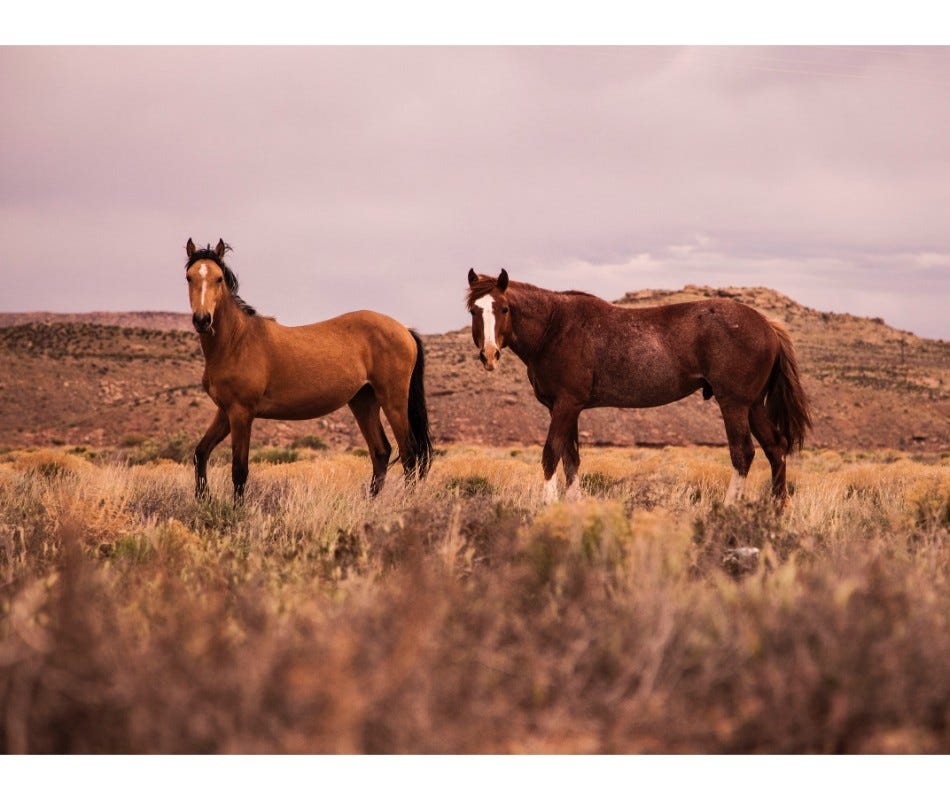We use cookies to make your experience better. To comply with the new e-Privacy directive, we need to ask for your consent to set the cookies. Learn more
Feeding an eventing horse for peak performance
Nutrition equals performance
Feeding an eventing horse can be a challenge. Eventing is one of the most demanding sports for a horse to compete in; requiring fitness and versatility like no other. These horses can require up to twice as much feed as a normal horse. Getting their diet correct can mean better performance, faster recovery and less stress on the horse.
Dehydration
Adequate water is one of the biggest concerns during the cross country phase, not only does good hydration help the horse perform well but it also helps the body with recovery. The horse should have free access to water (not too cold) after exercising to allow rehydration. Sweating is a natural response to help the horse cool down but this process also removes vital electrolytes (calcium, chloride, magnesium, potassium and sodium) which can lead to fatigue and muscle weakness, so you may want to consider adding electrolytes to the water.
Roughage (e.g. hay and grass)
This should make up the bulk of any horses diet. Feeding an eventing horse good quality roughage is going to provide them with more nutrients and therefore improve performance and recovery - so shop around and see what's available in your area.The standard recommendation is that they eat 1.5 - 2% of their body weight in roughage per day. For example; a 500 kg three-day event horse requires 7.5 kg – 10 kg of dry hay per day.
On a side note - lucerne is more nutrient and calorie dense so can be very helpful if you have a horse needing to gain some weight or one that has issues with ulcers.

lucerne is more nutrient and calorie dense
Energy
Eventing horses have higher energy demands than most horses, so in addition to feeding your horse good quality roughage it can help to include some supplements. Those that are hight in fat and carbohydrate will meet the horses energy demands best. During dressage the horse is more liekly to use up body fat as it’s main fuel source, whereas the carbohydrates will produce quick bursts of energy – hepful during show jumping. The endurance and power combination we see in cross-country will use up both sources of energy. The addition of a probiotic also helps restore natural intestinal flora, leading to more rapid recovery and better nutrient absorption. Fat (in the form of vegetable oil) is an excellent energy source for eventing horses. It’s easy to digest and is high in calories.
When should you be feeding an eventing horse?
Once you've figured out what to feed your horse – it’s important to know when to feed them. This can be a very overwhelming task as there is a lot of information out there. We know that small quantities of hay before exercise can help maintain hydration but grain concentrates shortly prior to exercise can cause problems. Feeding after exercise is critical to the recovery of the horse so they should be provided with hay and water. If this has been consumed then around 1.5 hours after exercise a grain concentrate can be given - something nutrient dense to help with recovery (particularly fats, carbohydrates, vitamins and minerals).
This is a general guideline and each horse is unique with specific needs. For further information we recommend talking to a nutritionist to get a specific plan for your horse.








Validate your login